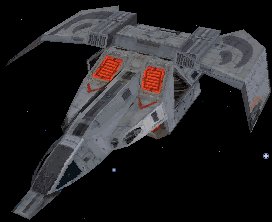The best analogy to describe infinity and the topology of the universe:
If you were a one-dimensional lifeform, and you were stuck on a two-dimensional circle, you'd believe your "universe" was infinitely large.
If you were a two-dimensional lifeform, and you were stuck on a three-dimensional sphere, you'd believe your "universe" was infinitely large.
If you were a three-dimensional lifeform, and you were stuck on a four-dimensional hypersphere...

The human brain can't visualize dimensions higher than the three we're familiar with, which is why the mathematical concept of infinity is so plain weird and almost impossible to grasp for most people.
"But if the universe isn't infinite in scope, and is expanding, what is it expanding
into ?" is another frequently asked question. There's no easy answer to that one, so I have to resort to an analogy here, too. Picture the universe as a big honkin' human cell - continuously in a state of mitosis but never actually dividing. Instead of multiplying, it grows as new cellular organelles (space) are produced, like a balloon that's being inflated. Now imagine the cell has no boundaries and is looped back in on itself, resembling a tubular Mobius band (this is where the fourth spacial dimension comes in). If you were to venture out to one of its "edges", you'd emerge on the other "end", very simply put.
It's not a matter of philosophy or religion, but of hyperdimensional physics. The universe
is - it (spacetime) doesn't have an "outside" in the traditional sense.


